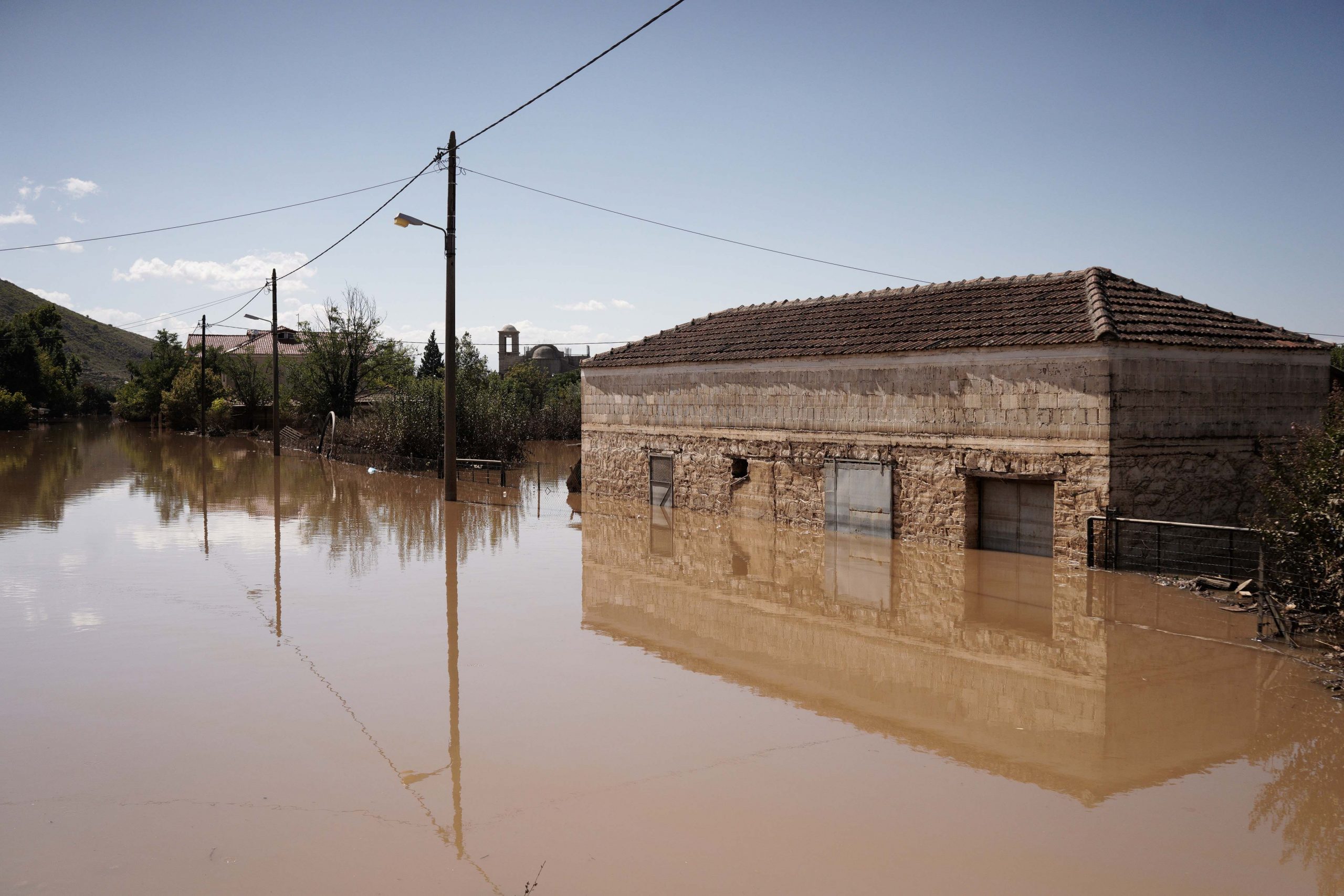The European Commission presented its proposal today to support Greek and Slovenian farmers affected by natural disasters. The measure is worth 51.7 million euros in total derived from the agricultural reserve 2024, with 43.1 million euros being allocated to Greece and 8.6 million euros to Slovenia.
Throughout August and September, Greece faced unprecedented wildfires, followed by extreme flooding, severely affecting the agricultural landscape in the impacted regions, while in August Slovenia recorded extraordinary amounts of rainfall and torrential storms that resulted in landslides and flooding.
The significant damages caused by those events to agricultural producers and the resulting loss of income for the affected farmers in the countries have endangered the economic viability of agricultural holdings.
According to the European Commission’s official announcement, the national authorities of Greece and Slovenia will directly distribute the aid to farmers to compensate for economic losses, with payments expected to be made by 31 May 2024. Both countries will have to notify the Commission about the implementation details including the criteria for aid calculation, the intended impact of the measure, its evaluation, and actions taken to avoid distortion of competition and overcompensation. The two countries can complement this EU support up to 200 percent with national funds.
The announcement states that the amounts proposed by the Commission take into account the assessments of agricultural damage by Slovenia and Greece, along with the respective weight of these two countries in the EU’s agricultural sector, on the basis of their shares of the Common Agricultural Policy (CAP) 2023-2027 direct payments. Additionally, the need to keep sufficient resources available within the agricultural reserve to address potential crises in the remaining months of 2023 and in 2024 was also considered.
The Commission’s draft measure, including the principles and methodology for granting support, will be discussed in a transparent way with Member States, who will vote on the implementing Regulation at a meeting of the Committee for the Common Organisation of Agricultural Markets on 30 November. If approved, it will be adopted and enter into force rapidly so that Greek and Slovenian national administrations can implement it without delay.
According to the official statement, the two countries have also submitted their applications to the European Union Solidarity Fund (EUSF) for support, which are currently being assessed by the Commission.



